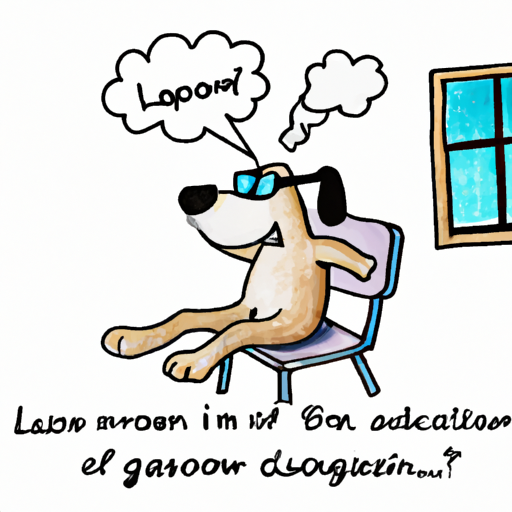Understanding Canine Communication
Dogs may not speak our language, but they certainly know how to communicate with us. As a caregiver, you’ve probably noticed that your dog responds to certain words or phrases. Whether it’s “walk,” “treat,” or “sit,” your furry friend has a surprising understanding of many human words.
Research suggests that dogs can learn hundreds, maybe even thousands, of words. While the exact number can vary significantly, let’s dive deeper into the fascinating world of canine communication and explore how many words your dog might know.
The Learning Capacity of Dogs
You’ve seen your dog sit on command, and you’ve probably successfully used the word “no.” But how does your dog’s vocabulary compare to that of humans?
Dogs, like children, learn words through repetition and positive reinforcement. However, their capacity to learn and understand language is not as complex as ours.
Consider this comparison:
| Age Group | Average Vocabulary |
|---|---|
| 2-year-old child | 200-300 words |
| Average dog | 165 words |
While dogs might not be winning spelling bees anytime soon, they definitely have an impressive understanding of human language!
How To Enhance Your Dog’s Vocabulary
Believe it or not, you can teach your old dog new tricks – or in this case, new words. Here are three effective methods:
- Repetition: Repeat the word while showing the object or action. For instance, say “ball” while playing fetch.
- Positive Reinforcement: Reward your dog when they respond correctly to a word or command. Treats, praises, or petting works well.
- Consistency: Use the same word for specific objects or actions. Switching words can confuse your dog.
The World’s Smartest Dogs
There are notable exceptions to the average dog’s vocabulary. Meet Chaser and Rico, the world record holders for the largest canine vocabularies:
- Chaser, a Border Collie, was trained by a psychology professor and knew over 1,000 words!
- Rico, another Border Collie, could recognize over 200 items by their names.
These examples indicate that with a dedicated and consistent training regimen, dogs can learn more words than we often give them credit for.
Your Dog’s Emotional Vocabulary
In addition to understanding words, dogs are also incredibly adept at reading human emotions. Your canine companion can pick up on your tone of voice, body language, and even your mood. This emotional vocabulary allows them to respond to you in ways that often seem eerily human-like.
FAQs
Q: Are certain breeds more capable of learning words than others?
A: While all dogs can learn words, some breeds like Border Collies, Poodles, and German Shepherds are known for their exceptional intelligence and trainability.
Q: Does a dog’s age affect their ability to learn new words?
A: Dogs can learn new words at any age, but it might be easier for younger dogs who are still in their prime learning years.
Q: Can dogs understand sentences or just individual words?
A: Dogs can understand simple sentences, especially when they contain familiar words. However, their grasp of grammar is limited.
Q: How can I tell if my dog knows a word?
A: If your dog consistently responds to a word by performing a specific action or looking for a particular object, it’s safe to say they understand that word.
In conclusion, your dog’s word knowledge might be much more extensive than you thought. So, next time you talk to your dog, remember – they’re listening and understanding more than you might think!



